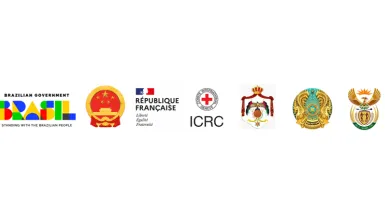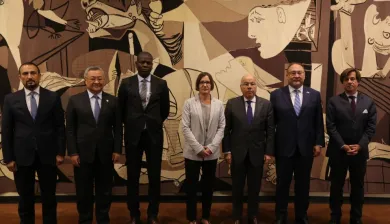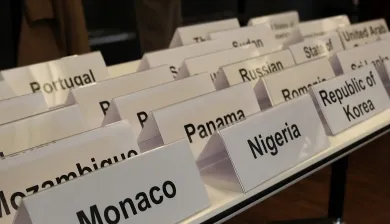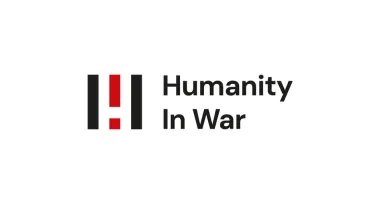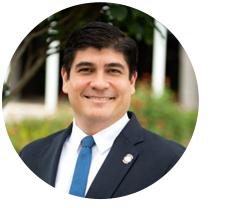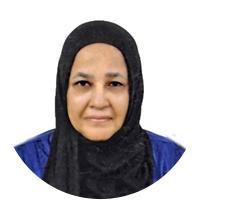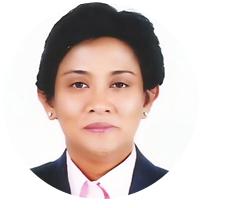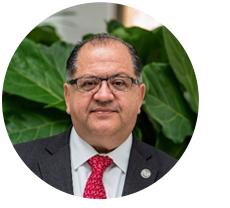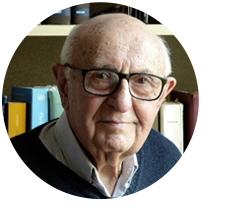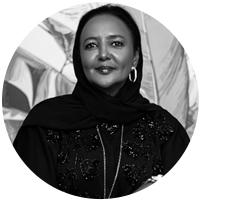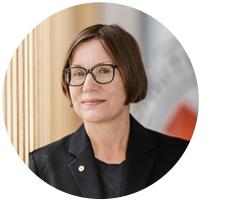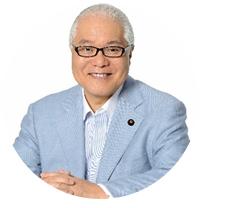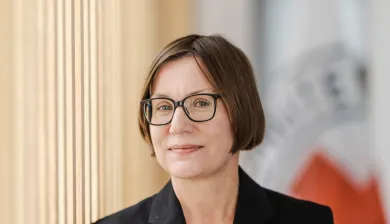The Global Initiative to Galvanize Political Commitment to International Humanitarian Law
Despite a global consensus supporting the Geneva Conventions, adherence to even the most fundamental humanitarian norms is shockingly insufficient in today’s war zones. Current conflicts show, in appalling and devastating ways, the significant challenges facing international humanitarian law (IHL) in providing effective and meaningful protection for people affected by armed conflicts.
The ICRC believes that this tragic trend can and must be reversed – provided there is strong and sustained political commitment to respect and implement IHL.
Together with Brazil, China, France, Jordan, Kazakhstan and South Africa, the ICRC has launched a global initiative aimed at galvanizing political commitment to IHL. Over the next two years, this initiative seeks to develop a set of concrete and actionable recommendations to ensure that IHL is not only better respected but adapted for the future. This effort will culminate with a High-Level Meeting to Uphold Humanity in War in 2026.
The hope is that the initiative will contribute to tangible changes on the ground by strengthening political commitment and providing actionable recommendations.
We call on all High Contracting Parties to the Geneva Conventions to join this initiative to solidify sustained political will to ensure respect for, compliance with, and implementation of IHL. We are driven by a unified goal: to use IHL as a guiding framework to reduce suffering and help steer armed conflicts towards peaceful resolution.

